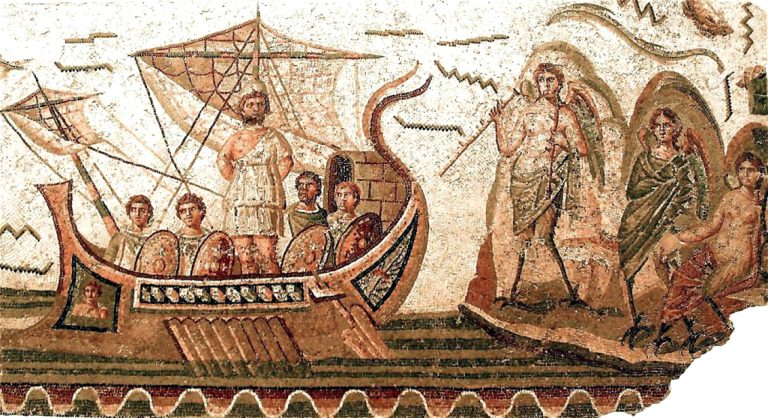Published with permission from LuxuryWeb.com
Our understanding of Western civilization often traces back to the daily life and ideas of ancient Athenians, as portrayed by Greek and Roman chroniclers and European authors of the 18th, 19th, and early 20th centuries. These depictions, however, are often romanticized and idealized, shaped by the biases and limited knowledge of those times.
Recent discoveries, philological research of ancient texts, and the examination of archaeological evidence offer a more accurate — if not entirely flattering — picture of life in ancient Athens.
Athens was, without a doubt, a male-dominated society. Men served as warriors, lawgivers, military leaders, and political figures, controlling access to education and power. Athenian democracy emerged around the 6th century B.C.E., centered in the city-state (polis) of Athens, which included both the city itself and the surrounding region of Attica.

Political decisions were made at the Assembly of the People, the principal body of Athenian democracy, but only adult, free men who owned land were allowed to participate. This meant that women, non-adults, resident aliens (metics), and slaves were excluded, leaving only about 30 percent of the population with any real political power.
Success
You are now signed up for our newsletter
Success
Check your email to complete sign up
To minimize corruption, many government positions were assigned by lot, and those politicians who became too powerful faced the threat of ostracism. Women, meanwhile, had little public influence, though they could sway the men in their lives. Their restrictions were largely cultural and philosophical, grounded in the belief that women were the “weaker sex” and a source of temptation for men.
RELATED: Democracy’s Double-Edged Sword: How Ancient Greece Embraced the Lost Tool of ‘Ostracism’
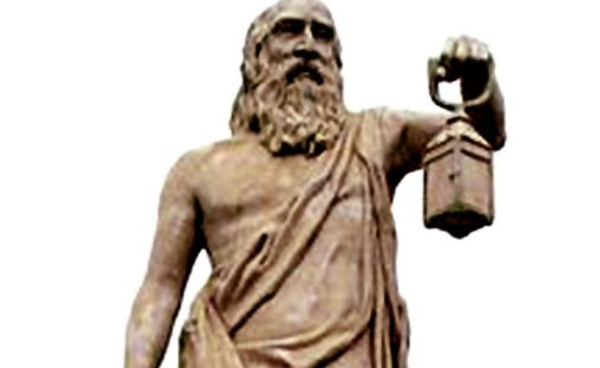
Athenian women were primarily confined to household duties and rarely ventured out, except on special occasions. However, some women held significant positions of power, particularly as priestesses in temples dedicated to the Olympian gods, like Zeus and Athena. One of the most prominent institutions of the time, the Oracle of Delphi, was also led by a priestess, whose trances were believed to predict the future and shape both public and private decisions.
There were also women known as “hetaerae,” who were educated and influential through their relationships with prominent men. Often misunderstood as high-class prostitutes or concubines, these women were much more. They played key roles in intellectual gatherings, much like Japanese geishas, and were highly respected for their wit and conversational skills. The term “hetaera” in the Attic dialect means “the other woman.”
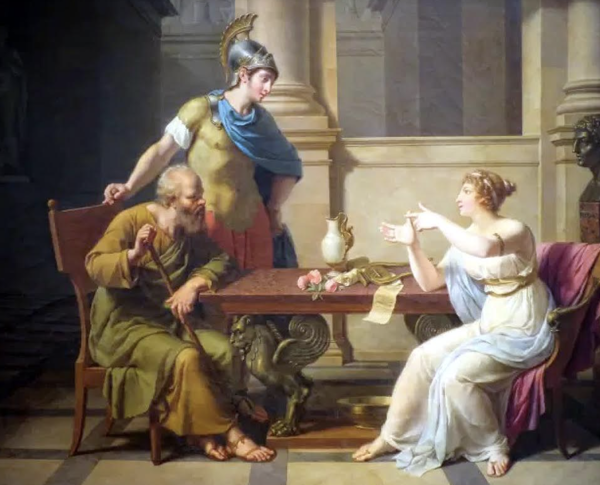
Aspasia of Miletus, for instance, is remembered for her relationship with Pericles, one of Athens’ most famous politicians. She was known not only for her beauty but also for her intellect, which made her a target for public ridicule. Despite not being a citizen of Athens and therefore ineligible to marry Pericles, she lived with him after he divorced his wife.
According to Plutarch, Pericles kissed her every day upon leaving and returning home, and contemporary chronicler Athenaeus suggested that Pericles spent much of his fortune on her. Although their relationship was scandalized by the comic playwrights of the time, these critiques provide the only contemporary records of Aspasia’s life.
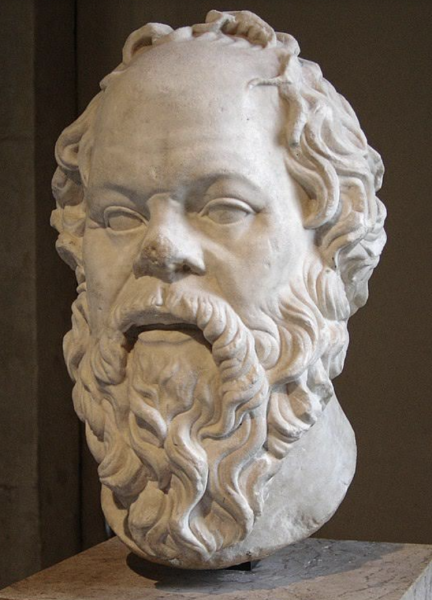
Socrates, another towering figure of Greek philosophy, had a famously tumultuous marriage to Xanthippe, who was known for her strong will and argumentative nature. Her influence on Socrates’ views about women was significant. When asked by a pupil whether he should marry, Socrates replied, “By all means marry; if you get a good wife, you’ll become happy; if you get a bad one, you’ll become a philosopher.”
Diogenes, another well-known philosopher, took a different approach to life and societal norms. Known as Diogenes the Cynic, he lived in voluntary poverty, often sleeping in a large clay jar. He rejected materialism and used his simple lifestyle to criticize the corrupt values of society. Diogenes became infamous for his provocative behavior, like carrying a lantern during the day, claiming to be searching for “an honest man.”
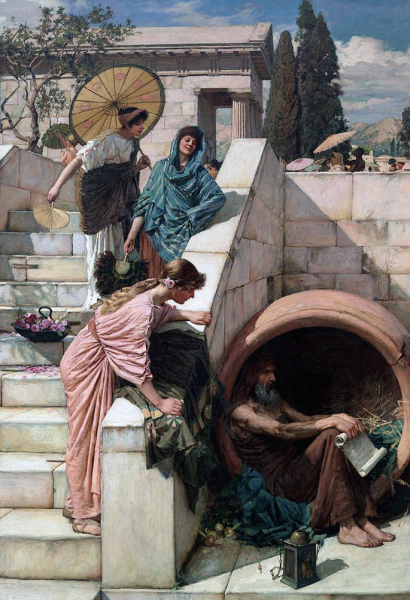
One of his more memorable quips came after a hetaera named Phryne tricked him by sending her elderly servant to his bed instead of herself. When she revealed the trick in public, Diogenes calmly responded, “When the oil lamps are extinguished, every woman is Phryne.”
For the privileged few who were land-owning citizens, life in Athens could be stimulating and culturally rich, with frequent visits to the agora, temples, and amphitheaters. But this life of luxury and influence was reserved for a mere 30 percent of the population.
Reflecting on modern society, it seems some things have hardly changed since ancient Athens. Politicians still hold considerable power, often bolstered by wealth rather than mere ideas. Although women have made significant strides, the most powerful ones often emerge from the entertainment industry.
If you’re not a global sensation like Taylor Swift, even being a long-term female politician might not be enough to make a significant impact. C’est la vie!
Visit LuxuryWeb.com to see the original article, and more.







